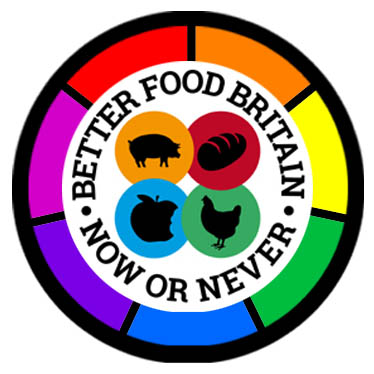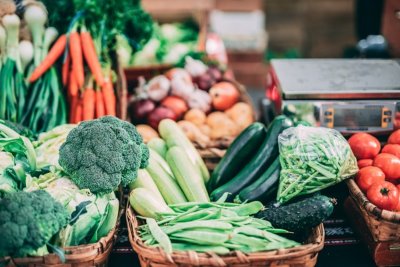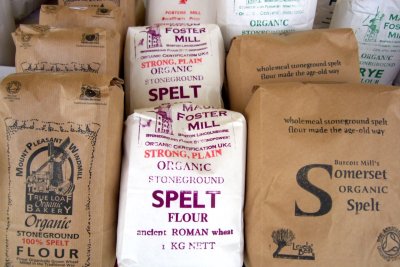Everybody should be able to enjoy food that is safe, meets high standards and is good for our health.
Our food standards and food industry look set to face a ‘perfect storm’ from rising food prices, regulatory uncertainties, greatly diminished capacity of food inspectors and standards bodies, and likely challenges from international trade deals with countries working to lower food standards than our own. Sustain is also concerned to ensure that new international trade deals do not undermine food safety, environmental controls and the nutritional quality of our food supply.
The food industry and consumer confidence have suffered severe knocks in recent years from problems in our supply chain such as horsemeat, salmonella and antibiotic-resistant bacteria – at the cost of billions. The UK’s regulators have worked with industry to deal with problems and UK food and farming industries are generally well regulated and inspected to ensure that food safety and quality issues are kept under sensible control, whilst also working to achieve higher standards of consumer protection, environmental conservation and animal welfare.
Food standards and inspections under pressure
Sustain advocates transparent, accountable and trade-sensitive regulation that preserves and renews the UK’s high food standards.Sustain advocates transparent, accountable and trade-sensitive regulation that preserves and renews the UK’s high food standards.
However, UK standards and inspection bodies are under severe pressure. This is as a result of greatly reduced resources for essential services such as testing, inspection and border checks. There are already barely enough vets, meat hygiene inspectors, food safety officers, environmental health officers and public health laboratory facilities to meet the current needs of the UK food industry and consumer health and safety, let alone increased responsibilities as part of new food trade arrangements – whether as part of a new or transitional deal with the European Union, or in the move to World Trade Organization rules.
The UK’s trading standards services operating budget have decreased from £213m in 2009 to £124m in 2016, with a consequent loss of some 50% trading standards staff. Recent research for the UK's Food Standards Agency suggests that there is 50% less capacity for food inspections in England than there is in Wales or Northern Ireland. Additionally, the Food Standards Agency has recently indicated that there is limited funding to run the Food Crime Unit that was set up following the horse-meat scandal.
This is doubly concerning given that the UK may be trying to strike new food trade deals with countries outside the EU. There are many concerns about the difference between UK food standards and those of other countries. Whilst not limited to the trade in meat, it is in the meat supply chain that the issues are perhaps most evident and compelling. In other countries, such as Brazil and the US, there may be more acceptance that meat hygiene – such as contamination with faeces – can be less stringent in the production phases if it can be ‘cleaned up’ at the end of the process through a system such as antibiotics, chemical treatment or food irradiation, with inspections limited mainly to ‘end of pipe’ testing for residues. In the UK, the focus is more on reducing the risks of contamination along the supply chain, meaning less overall reliance on – for example – profligate use of antibiotics, which is an issue of international health concern.
Do we risk importing more diabetes and obesity?
Sustain argues that UK trade deals must put public health and environmental protection first. We want to see clear mandates with health and environment priorities set for UK trade negotiators in advance of any talks with new trading partners.
Health specialists fear that future food trade deals could undermine UK efforts to reduce sugar consumption and effectively 'import' unwanted diet-related diseases such as obesity and diabetes.
There are, for example, much higher rates of diet-related illnesses in the US, which is also infamous for aggression in trade talks towards countries that try to set their own regulations to reduce sugar consumption, limit junk food advertising or introduce additional food labelling.
A study from the Harvard School of Public Health showed spikes in obesity in countries such as India and China following trade liberalisation. Other studies show obesity rates rose in both Mexico and Canada after the adoption of the North American Free Trade Agreement (NAFTA) in 1993.
Processed foods, sugar and high fructose corn syrup (another form of sugar) are all high on the list of edible goods exported by the US and expected to feature in any future UK/US trade deal.
Better Food Britain: We want everyone to be able to enjoy food that is good for our health, produced in a way that supports good livelihoods, reduced waste and greenhouse gas emissions, high animal welfare and restoration of nature. Find out how.




